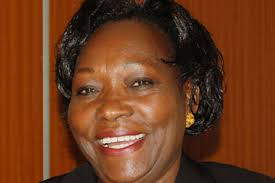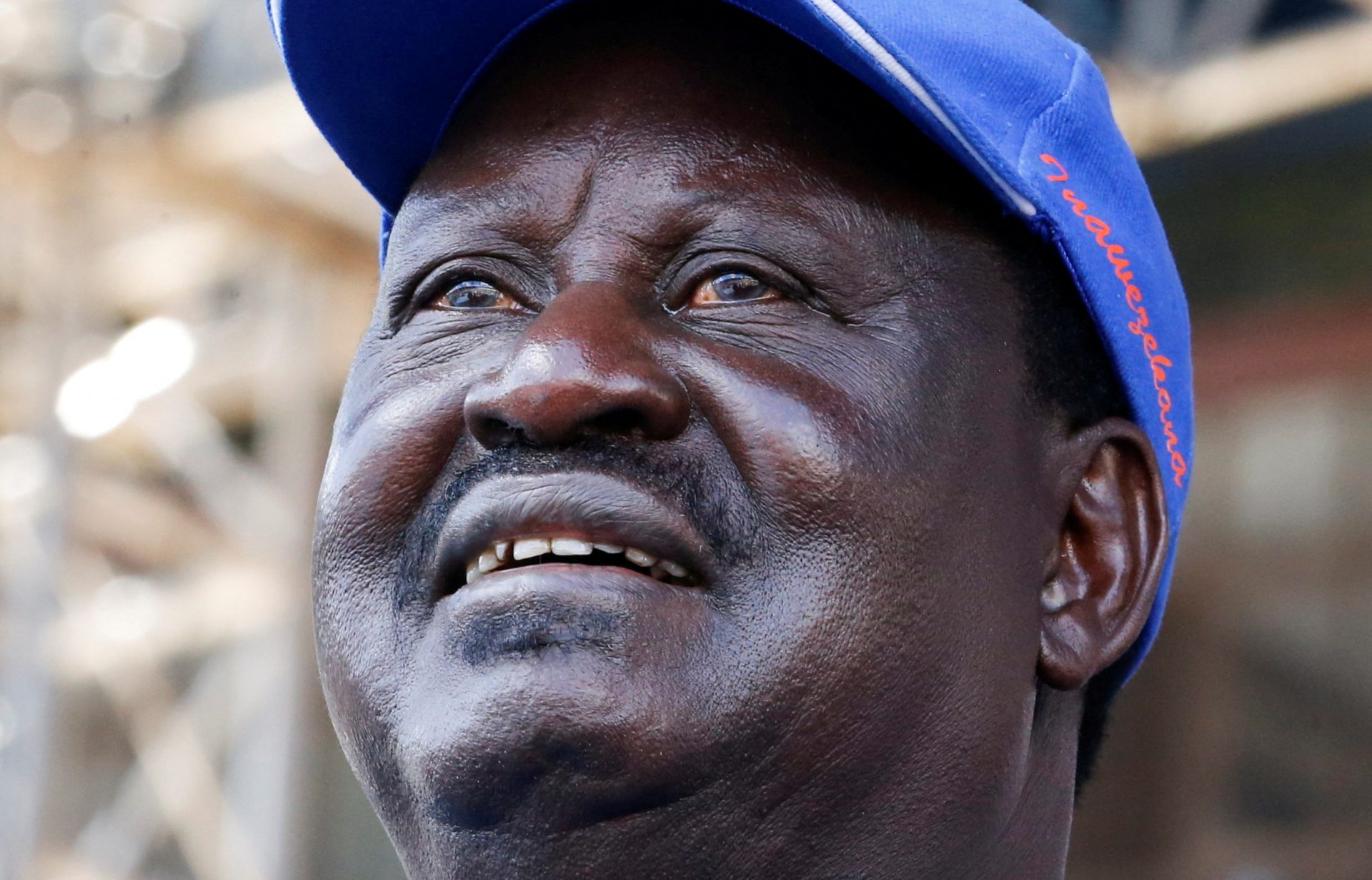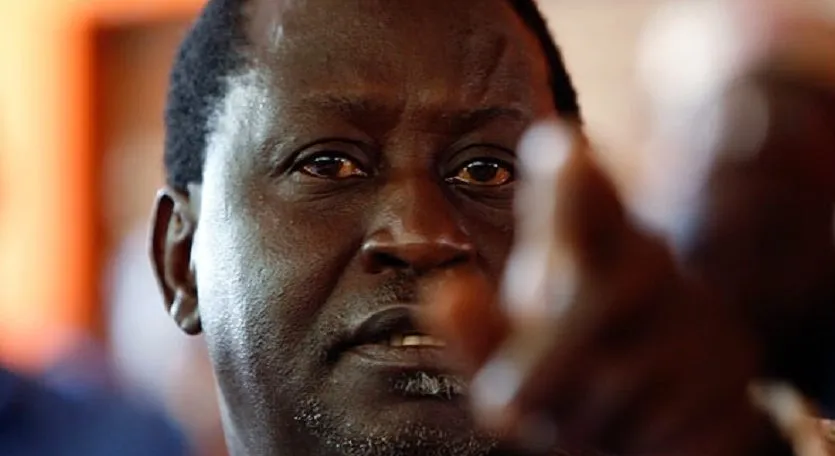Veteran Opposition politician Raila Odinga is urging Kenyans to oppose planned importation of GMO maize by President William Ruto’s administration.
Odinga claims that the lifting of the ban was illegal as the due processes for such a decision was not followed, adding that the people’s voice must be heard and respected.
But his opposition to Genetically Modified food is a dramatic climb down from the position he strongly-held on GMOs when he served as the country’s prime minister in 2011.
Back then, Raila described those who were opposed to GMOs as “conservative purveyors of alarm”.
“Conservatism will kill innovation,” Raila said.
He was angered by the then Naivasha MP John Mututho who put up spirited fight to discredit GMOs. Raila trashed Mutotho as a lazy man who relied on discredited expertise on GMOs to sow alarm and directed him to “listen to other authorities other than his own”.
He accused Mututho of being an hostage to “a narrow understanding of genetic modification of crops.”

He added that the country had to import the GMOs, grind it into flour and pack it in marked bags because there was an international shortage of ordinary maize.
“Developed nations like the US, Canada, Argentina and many countries in the European Union which have stringent safety and testing standards have embraced genetic engineering of food crops to improve food yields and develop pest resistant crop varieties,” Raila said.
“UDA regime will subject Kenyans to unproven and dangerous foods in an attempt to please international interests that do not care about our safety,” Raila said.
The Opposition chief was beaten by Ruto in last presidential elections held on August 9th despite enjoying the support of the sitting president and State machinery. Instead of conceding defeat, Raila blamed the western nations for his failure to clinch presidency on fifth attempt.
“GMOs can cause harm to human and animal life and to the entire national ecosystems. They can dramatically reduce or eliminate plant diversity.” he added.
The former PM said his ODM party believes that the matter of GMO foods in Kenya is too serious to be reduced to a cruel and juvenile joke.
He further trashed officials in Ruto’s administration as people who lack scientific literacy on GMOs and should never use their offices to demean the Kenyan people as “though we are a helpless, enslaved lot”.
The government of the late President Mwai Kibaki imposed a ban on GMO imports in 2012 following recommendations by the then Minister for Public Health Beth Mugo.
Mugo cited a study by a French University that linked cancer in rats to the consumption of genetically modified foods. Other unexpected effects of GMOs include loss of nutrition, Allergic Reactions, Immuno-suppression and Anti-biotic resistance.
But President Ruto’s administration has lifted the ban on importation of GMOs into the country as a way of fighting hunger occasioned by the ravaging drought.
A section of politicians allied to both camps of President Ruto and Odinga argue that farmers risk incurring major losses as the market will be flooded by cheap imported maize.
ODM MPs have also raised questions about firms set to benefit from the importation saying that well-connected individuals were already lining up to cash in at the expense of local farmers.
Biodiversity and Biosafety Association of Kenya (Biba Kenya) wants the decision on GMO importation to be rescinded to allow for risk and food safety assessments.




















